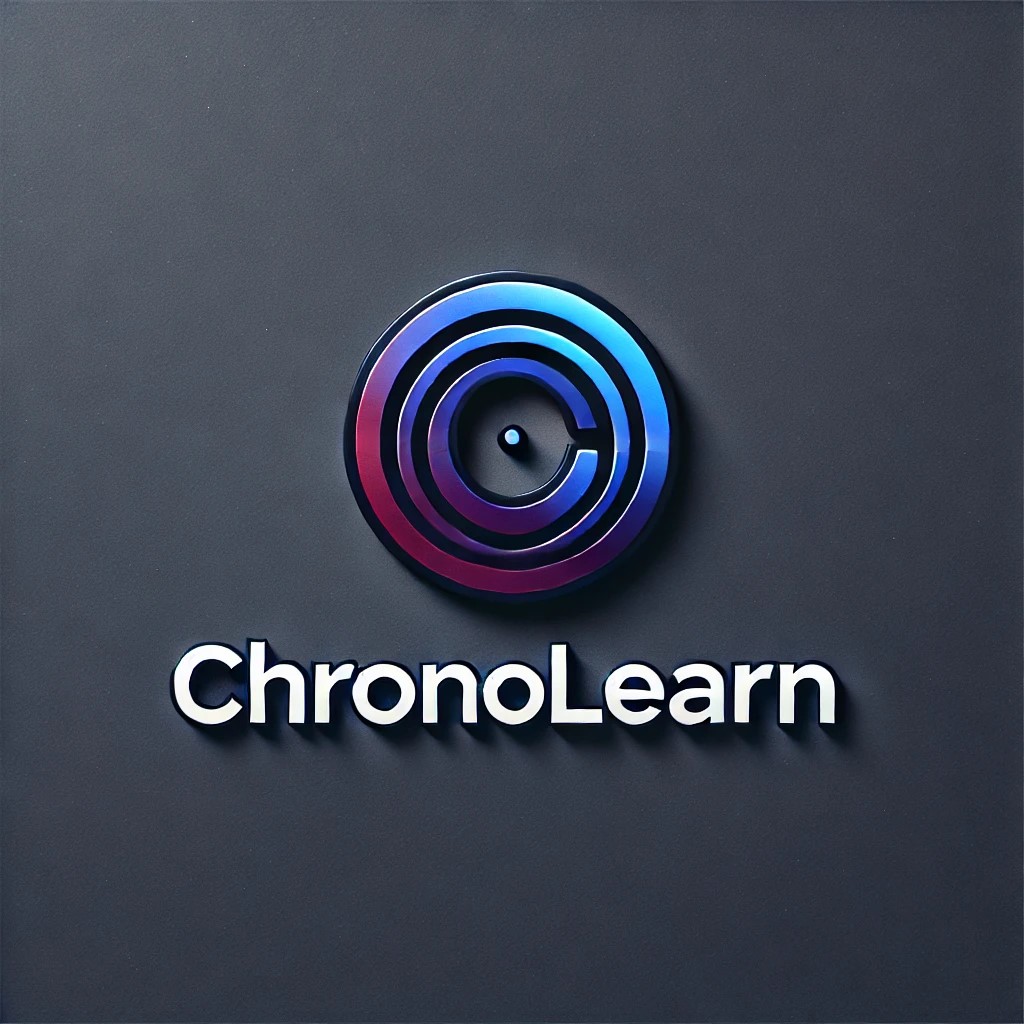
What is ECBA®? A Beginner’s Guide to Business Analysis Certification
Discover Your Path to a Business Analyst Career
In today’s competitive job market, companies are actively seeking professionals who can bridge the gap between business needs and technical solutions. If you're looking to launch your career in business analysis, the Entry Certificate in Business Analysis (ECBA®) by IIBA® is your gateway to a thriving future.
Whether you're a recent graduate, a professional exploring a career switch, or someone already working in a related field, ECBA® helps you build core competencies aligned with the globally accepted BABOK® Guide.
Table of Contents:-
What is ECBA® Certification?
-
Who Should Pursue ECBA®?
-
Key Knowledge Areas Covered
-
Top Skills You Will Learn
-
How ECBA® Boosts Your Career
-
Tips to Prepare for the ECBA® Exam
-
ECBA® vs Other BA Certifications
-
Final Thoughts
The ECBA® (Entry Certificate in Business Analysis) is an internationally recognized certification by the International Institute of Business Analysis (IIBA®). It validates a candidate’s understanding of business analysis principles, processes, and techniques—making it perfect for those new to the field.
2) Who Should Pursue ECBA®?This certification is ideal for:
-
Students or recent graduates exploring business careers
-
Professionals transitioning into BA roles from sales, HR, finance, or tech
-
Entry-level analysts seeking structured, formal training
-
Anyone eager to understand how businesses solve problems through analysis
The ECBA® syllabus is built on the BABOK® Guide, covering six knowledge areas:
-
Business Analysis Planning & Monitoring
-
Elicitation & Collaboration
-
Requirements Life Cycle Management
-
Strategy Analysis
-
Requirements Analysis & Design Definition
-
Solution Evaluation
In this course, you’ll gain practical insights into:
Planning Business AnalysisLearn to define scope, choose methods, estimate timelines, and align stakeholders with a structured approach.
Stakeholder EngagementDevelop strategies to engage, communicate with, and analyze different types of stakeholders—even difficult ones.
Requirements Lifecycle ManagementMaster how to trace, prioritize, maintain, and approve project requirements using tools like RACI Matrix and Requirement Traceability Matrix.
Elicitation TechniquesApply methods such as interviews, workshops, prototyping, and the Delphi Technique to draw out real business needs.
Strategy & Risk AnalysisUnderstand the current state of business processes, define a future state, assess risks, and craft change strategies.
5) How ECBA® Boosts Your Career-
Global Recognition: IIBA® is respected by top employers
-
Job-Ready Skills: Learn stakeholder management, documentation, modeling & more
-
Clear Career Entry: Land roles like Junior Business Analyst, Product Analyst, or Business Process Analyst
-
Cross-Industry Demand: BA skills are essential in tech, banking, retail, healthcare, and government
-
Study the BABOK® Guide v3 in detail
-
Take instructor-led or self-paced training from an IIBA® Endorsed Education Provider (EEP)
-
Practice with sample case studies, mock tests, and business modeling scenarios
-
Understand the core competencies and techniques such as SWOT, Kanban, and Use Cases
The ECBA® certification empowers aspiring business analysts to break into the field with clarity, confidence, and competence. With the right training, industry tools, and global recognition, you’ll be prepared to deliver real business value from day one.
Tags :
- ECBA Certification
- IIBA ECBA
- Entry Certificate in Business Analysis
- Business Analyst Certification 2025
- Business Analysis Fundamentals
- BABOK Guide v3
- How to Become a Business Analyst
- ECBA vs CCBA
- Business Analysis for Beginners
- Agile Business Analysis
- Stakeholder Management
- Career in Business Analysis
- Business Analyst Skills Business Analyst Training Course






